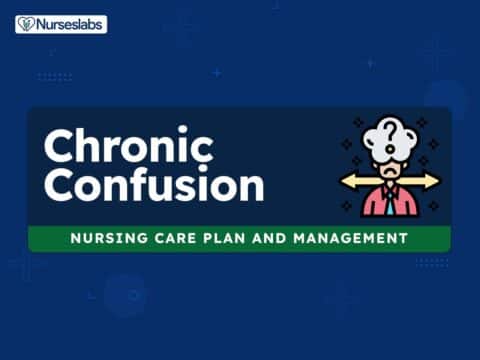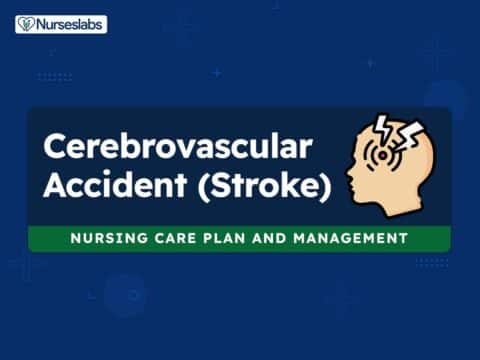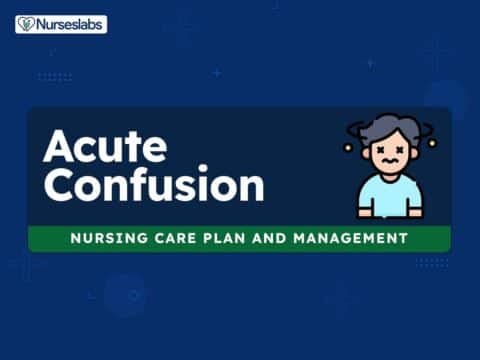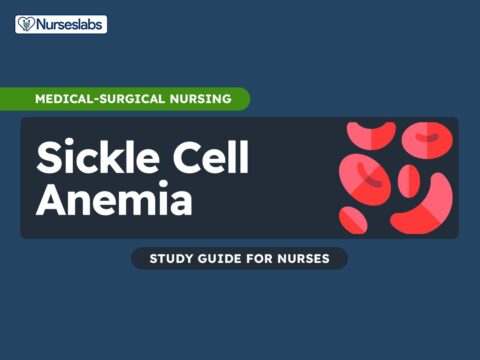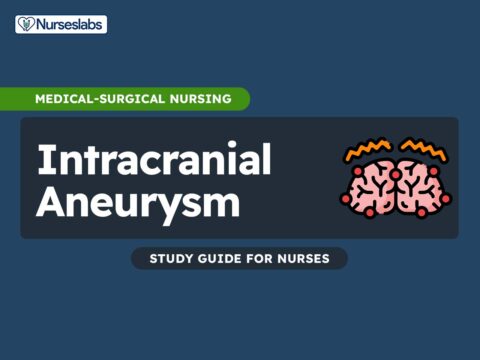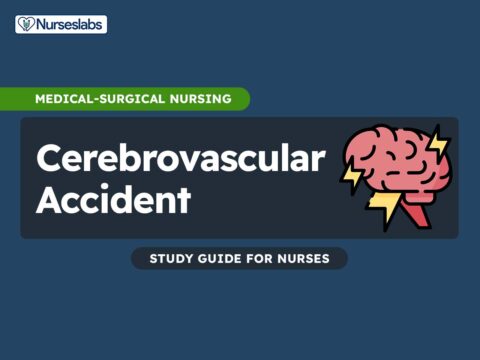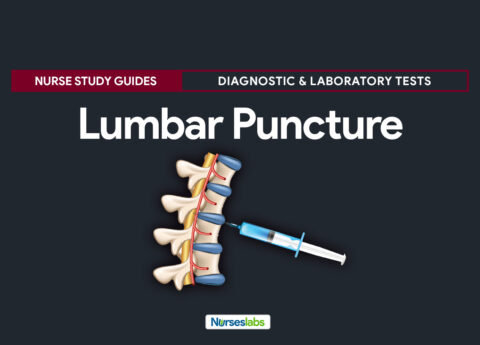Chronic Confusion (Dementia) Nursing Care Plan
Nursing care and interventions for patients with chronic confusion (dementia) are crucial in promoting safety, preventing complications, and improving their overall quality of life by providing a supportive and structured environment, implementing cognitive stimulation strategies, and ensuring adequate communication and collaboration with the healthcare team. Use this nursing care plan and management guide to learn about the nursing assessment, nursing diagnosis, and interventions for caring patients with chronic confusion.
